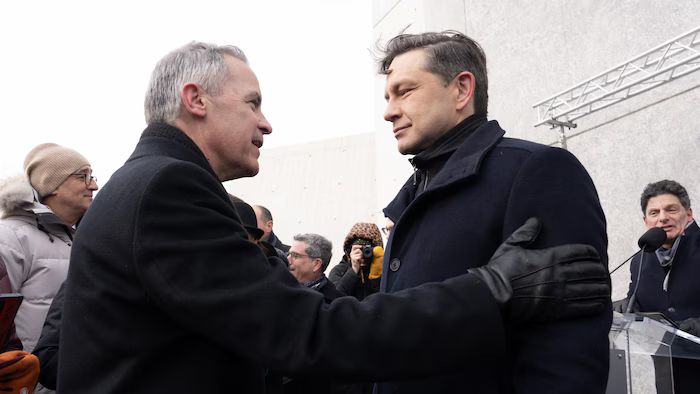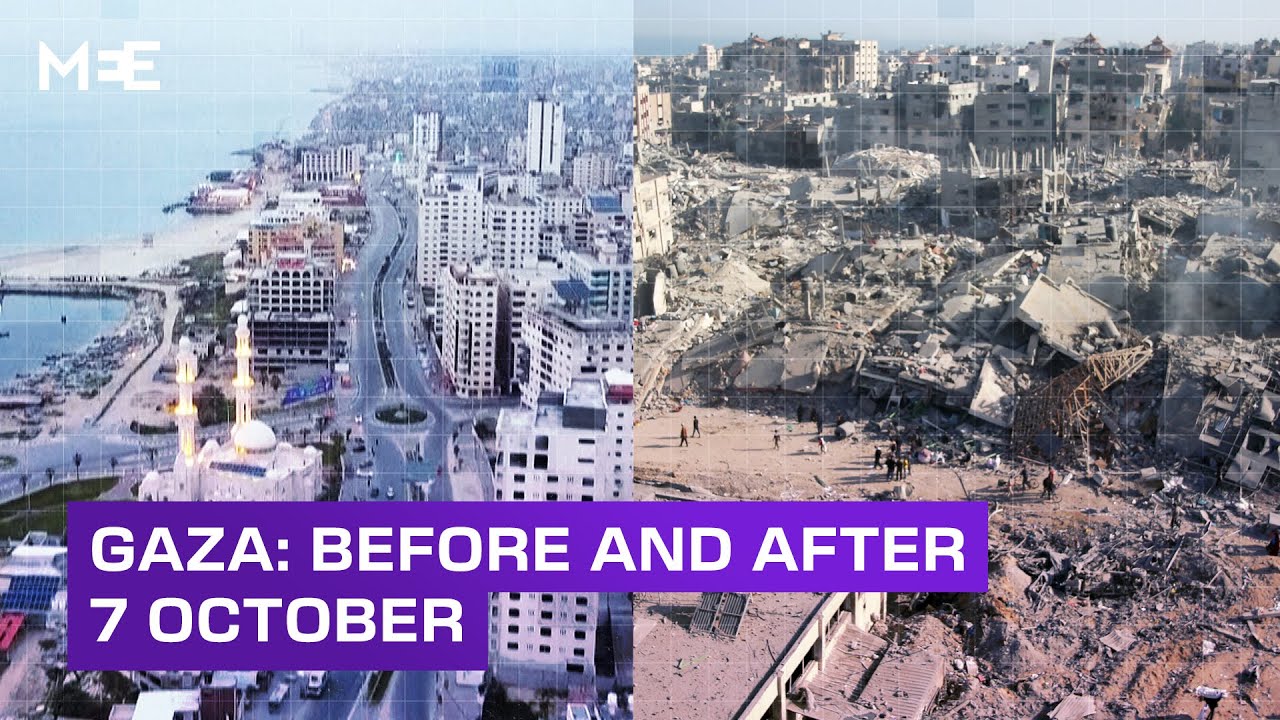Like many others, I continue to wrestle with the incredibly difficult, sensitive, and complex question of the Israel/Gaza conflict. How does a group with such a long history of persecution become a proponent—or even a perpetrator—of the persecution of another?
Although accounts can vary based on sources, The Gaza Ministry of Health cites a figure of 57,882 Palestinian who died and 138,095 who have been injured since October 7th, 2023. Many of them are innocent women and children.
While I recognize that the issue is deeply nuanced—shaped by historical trauma, national identity, security concerns, political ideology, and media narratives—I still ask: Must these factors override our shared humanity and commitment to human rights?
On one hand of the spectrum, many Israeli Jews support their government’s actions based on security concerns. A 2025 survey by the Jewish People Policy Institute found that 85% of Israeli Jews see no prospect for peace with Palestinians. This reflects a deep sense of disillusionment and fear, especially after violent events like the October 7 attacks. For many, support for military operations is seen as a necessary defense of Israeli lives. This view is often shaped by a belief that Israel is under an existential threat.
Support for Israeli government policies particularly in Israel and among certain diaspora communities continue to stem from a variety of factors, including: The deep scars of Holocaust and centuries of persecution. For some, this history reinforces a belief in the necessity of a secure Jewish state. Many Israelis, Jewish or not, view certain policies as necessary for national security, especially in a region with a long history of conflict.
Jewish people also are a diverse group, and conflating all with the policies of the Israeli government may lead to harmful generalizations and misunderstandings. Narratives about the conflict can be shaped by the media, education systems, and subjective experiences, influencing how people perceive the situation. Just like in any society, political beliefs can vary. Some support more conservative or nationalist policies, while others lean toward progressive or peace-oriented solutions.
Some Jewish thinkers still identify with Zionism but are deeply critical of how it has been implemented. Peter Beinart, a prominent journalist, and scholar in his 2025 book Being Jewish After the Destruction of Gaza, argues that many Jews have been taught to compartmentalize their liberal values when it comes to Israel. He calls for a rethinking of Zionism that centers Palestinian humanity and rights. Beinart critiques the narrative that justifies military actions by dehumanizing Palestinians. He emphasizes the need for empathy and accountability, even while condemning attacks on civilians.
Scholar Oren Kroll-Zeldin, in his book Unsettled, documents the rise of Jewish-led Palestine solidarity movements. He describes how young Jews are increasingly rejecting the mainstream Jewish establishment’s support for Israeli policies and instead embracing “co-resistance” with Palestinians. These groups often emphasize that opposing Israeli government actions is not antisemitic, and that Jewish identity can be deeply tied to justice for all people, including Palestinians.
This is not a simple conflict, and there are no easy answers. But perhaps the most important question we can continue to ask is: How do we hold space for both historical trauma and present-day accountability? And how do we ensure that our pursuit of security never comes at the cost of our shared humanity?








